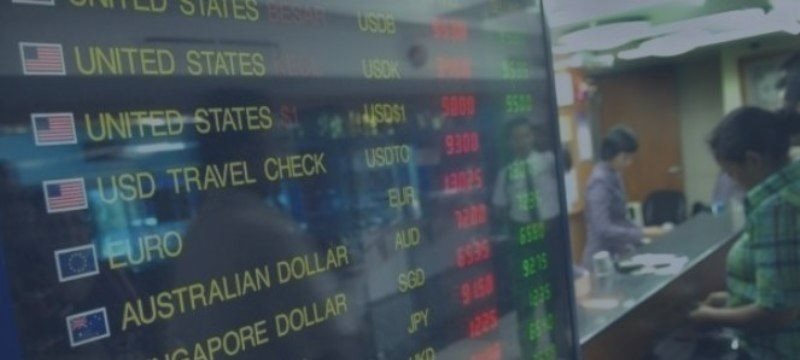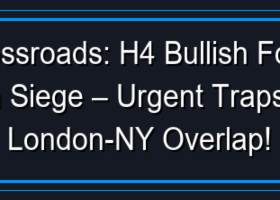Bankers Aren’t Above the Law:
Five Things We Learned This Week
Fines are no longer enough – just ask Tom Hayes.
1) Cheat the Market, Go to Jail
A 14-year prison sentence handed to Tom Hayes, the former UBS and Citigroup trader, for manipulating Libor interest rates this week sent shockwaves through the financial industry, showing fines are no longer enough. The judge said it was a message “to the world of banking” that “high standards of probity” are expected.
2) Greece is again open for business
Charts of anything Greek seems to look the same these days, falling from top left to bottom right. Greek stocks had a brutal first few days of trading after a five-week suspension. The Athens Stock Exchange tumbled the most since at least 1987 on Monday, and the weekly drop wiped out about 8.9 billion euros ($10 billion) in market value. That’s even with curbs in place - including maximum drop limits and restrictions on short selling. Banks got the worst of it. Despite a rebound over the last two days, the National Bank of Greece lost half its market value this week. After three bailouts and the biggest sovereign debt restructuring in history, the value of Greek equities has plummeted 90 percent since a 2007 high. One silver lining is that chances are slim the rout will spread - Greece now accounts for less than 2 percent of the euro-zone economy. The entire Athens stock exchange value now is about the same as Adobe Systems.
3) The Bank of England told us lots about the Fed
The glut of data from the Bank of England, while painting a “steady as she goes” picture of Britain, actually provided some useful insight into the Federal Reserve. Both the U.S. and U.K. economies look pretty similar with decent growth, low inflation, wages on the rise and a strong currency. So says ICBC Standard Bank’s head of G-10 strategy, Steve Barrow. The U.S. adding 215,000 jobs last month reinforced the view that the Fed will increase interest rates in September.
4) On the climate, more is not enough
U.S. President Barack Obama unveiled a set of rules to curb power plant emissions that won’t save the planet, but will inject critical momentum into the effort to reach a global deal on climate change in Paris at the end of the year. Obama’s Clean Power Plan bypasses Congress, sending a signal to the world that he’s determined to fight global warming and setting up a battle with Republican opponents resembling the one over Obamacare. The final Environmental Protection Agency rules set state-by-state emissions standards that kick in later than originally planned, but include more ambitious carbon cuts. The record hot month of June looked like this to the National Oceanic and Atmospheric Administration.
5) There was another #SuperThursday
All the hype on Thursday was about the Bank of England – would the MPC vote give a strong hint that a rate rise was round the corner, how would economists handle the scale of the Bank’s new data dump – but as journalists and economists were locked in a basement at Threadneedle Street something truly Super was happening in Nottingham.
England took the first Australian wicket just three balls into the Fourth Ashes Test at Trent Bridge; by the end of the fifth over the Aussies were a staggering 23-5. The innings was over - all out for 60 - even before Mark Carney began his press conference.



